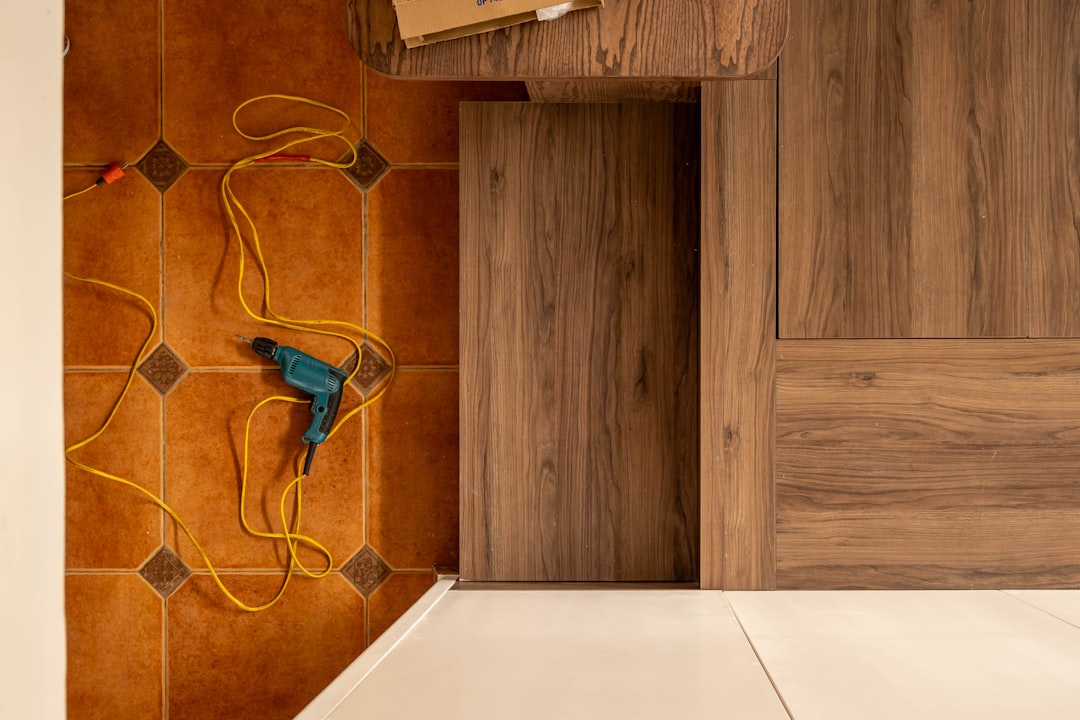CountBricks Hardwood Flooring Queens | Residential Experts
Price source: Costs shown are derived from our proprietary U.S. construction cost database (updated continuously from contractor/bid/pricing inputs and normalization rules).
Eva Steinmetzer-Shaw
Head of Marketing
Hardwood Flooring Queens: Professional Installation Costs and Insights
In Queens, the cost of hardwood flooring installation ranges from $6 to $18 per square foot, depending on the complexity of the project and material choice. For trade professionals, understanding these costs is crucial for accurate bidding and project management. CountBricks offers AI-driven estimating, real-time material pricing, and voice-activated project management tailored for residential construction.
The Queens Landscape: Diverse Housing and Unique Challenges
Queens features a variety of housing styles, from classic Tudors in Forest Hills to modern condos in Long Island City. This diversity impacts:
- Subfloor condition and preparation
- Staircase layouts and nosing profiles
- Building code compliance for multi-family dwellings
Traditional pricing models often overlook these variables, leading to unexpected costs. CountBricks’ dynamic cost database updates hourly with local pricing trends, providing accurate estimates before work begins.
How CountBricks AI Estimating Works
- Speak your project details into the mobile app. Our speech engine transcribes instantly.
- CountBricks cross-checks live material pricing and local wage rates.
- AI generates a detailed estimate, including waste factors and finishing methods.
- A branded PDF quote and contract are auto-generated for digital signature.
This process speeds up project approval and ensures contractors maintain profit margins.
Popular Hardwood Options in Queens Homes
- Red Oak: Classic and budget-friendly
- White Oak: Moisture-resistant, ideal for waterfront areas
- Maple: Smooth, contemporary look for lofts
- Brazilian Cherry: Luxurious and durable
Installation Challenges in Queens
- Uneven floor joists in pre-war apartments
- Co-op board approvals and insurance requirements
- Limited freight elevator access
CountBricks factors these challenges into labor estimates, ensuring transparency for both clients and contractors.
Step-by-Step Hardwood Flooring Journey with CountBricks
- On-site Scan or Blueprint Upload: Capture room dimensions or upload PDFs.
- Interactive Design: Adjust plank width, stain, and finish online.
- Materials Reservation: Reserve stock to avoid delays.
- Scheduling & Permits: Sync with permit timelines.
- Installation & Quality Checks: Track progress and receive updates.
- Final Invoice & Warranty: Convert estimates to invoices with a warranty.
Pro Tips for Hardwood Success in Queens
- Acclimate planks on-site for 72 hours.
- Request a subfloor moisture reading.
- Stagger board lengths to avoid patterns.
- Use low-VOC finishes for better air quality.
- Schedule sanding during quiet hours.
Why Contractors Choose CountBricks for Queens Projects
- Live profit tracking
- Voice-to-task assignment
- Instant change-order pricing
Success Story: Douglaston Colonial Revival
A recent 2,200 sq ft white oak refinish showcased CountBricks efficiency. The AI parsed thickness variations, adding an extra day for sanding. Final cost overrun: 0.8%, below the borough average. Explore more projects at CountBricks.com.
Ready for Your Hardwood Transformation?
Stay ahead of lead-time spikes and labor shortages. Whether managing multiple crews or planning a project, CountBricks delivers clear pricing without guesswork. Start your consultation at CountBricks.com.
Deep Dive: Cost Drivers in Queens Hardwood Projects
While square footage determines baseline material costs, Queens projects involve hidden variables. CountBricks’ algorithm considers over 40 data points. Key cost drivers include:
- Building Access: Walk-ups add a 6-9% labor premium for third-floor installs without elevators.
- Parking & Logistics: Metered spots and regulations add daily costs, included in the "General Conditions" line.
- Moisture Mitigation: Basements often require vapor barriers, costing $0.25–$1.00 per square foot.
Case Study: Sunnyside Duplex Re-Floor
The owner wanted hickory on both levels. CountBricks AI flagged the gypsum subfloor as unsuitable, recommending a plywood overlay, saving $4,611 in potential callbacks. The job finished early, earning a five-star review.
How to Leverage CountBricks on Your Next Bid
- Open the app and start speaking.
- Review and tweak the autogenerated scope.
- Share a branded proposal for real-time approval.
- Convert to a work order and schedule crews.
Take the Next Step
Visit CountBricks.com for a virtual walk-through or request a demo account to see how AI reduces bid prep time by 70% on Queens projects.

